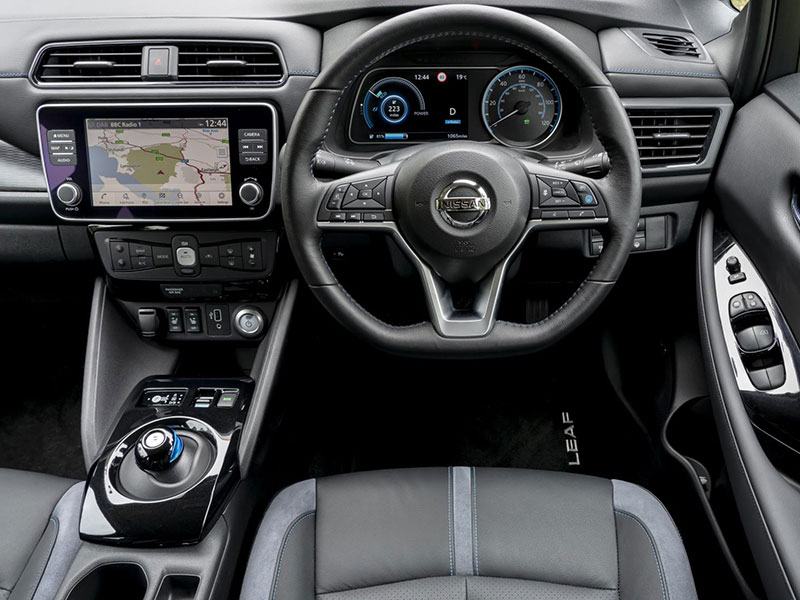The Treasury of Sri Lanka has recommended that the system allowing Sri Lankan migrant workers to import electric vehicles on concessionary terms be scrapped.
The Treasury found that the scheme was not financially viable, as the remittances gained through the scheme were not adequate, and the taxes imposed on the imports were also not sufficient.
Additionally, the Treasury pointed to the International Monetary Fund requirement that, if vehicle imports were permitted, no particular group should benefit and equal treatment should be afforded to all sectors.
The Treasury also noted that there is a strong possibility that the scheme would be misused, and therefore it is recommending that the scheme be scrapped without further extensions.
The facility for migrant workers to import electrical vehicles was granted following a request from the Labour and Foreign Employment Ministry as part of several measures introduced by the ministry for the benefit of migrant workers in a bid to encourage them to send money back to the country through legal methods.
More than 100 permits had been issued to import electrical vehicles by March this year.
However, Sri Lanka has suspended the import of vehicles due to the financial crisis and is unlikely to lift the suspension next year. A senior Treasury official said that around US$2 billion a year would need to be spent if approval was granted to import vehicles.
It may be a blunder to ban the import of electric vehicles. Electric vehicles are more fuel-efficient and produce zero emissions, which can help to reduce air pollution and mitigate climate change.
Additionally, electric vehicles can help to save money on fuel costs, which can be especially beneficial for Sri Lanka, which is facing a severe economic crisis.
The Treasury should carefully consider the potential benefits of allowing the import of electric vehicles before making a decision.







